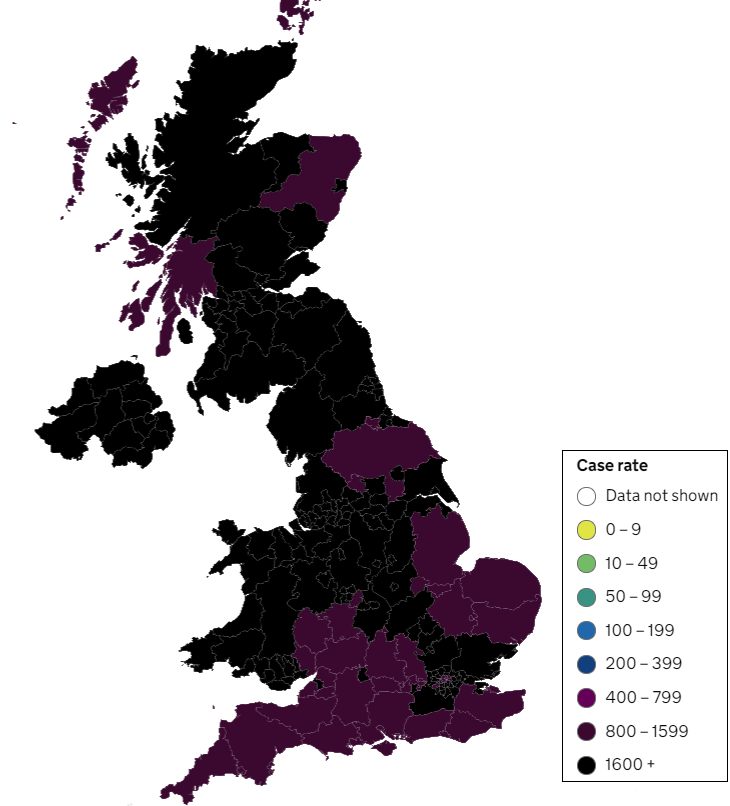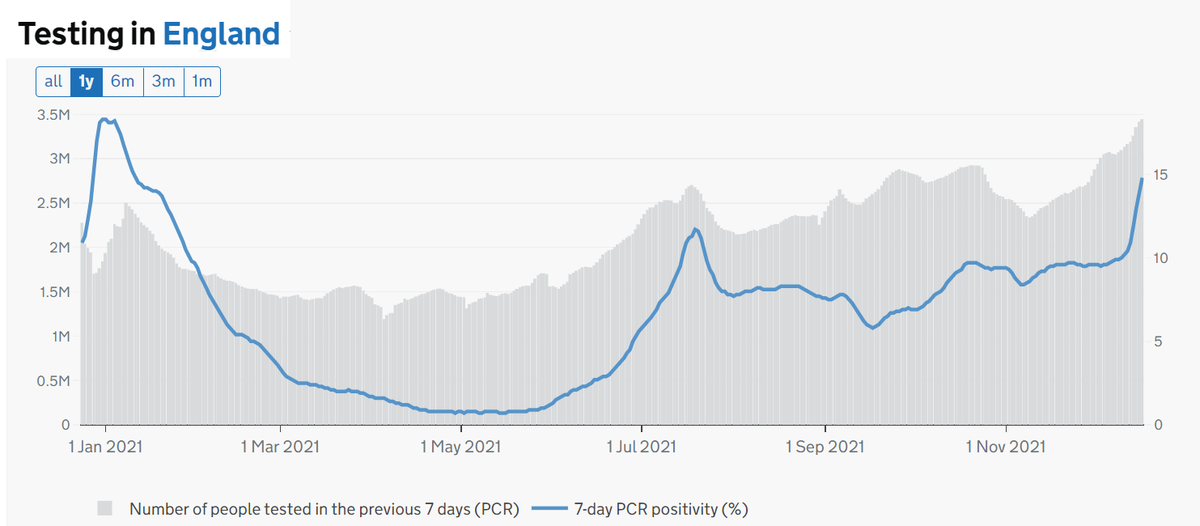Someone asked if I could explain the various treatments which have been proposed for COVID-19. This is just my take and you may find some doctors disagree. Lots of research still ongoing - much of the world leading work is taking place in the UK funded by @NIHRresearch. 1/14
Hydroxychloroquine: Normally used to treat malaria and some types of arthritis. Was in early investigation in the Hong Kong SARS epidemic ten years ago. Huge hopes pinned on this drug but @NIHRresearch RECOVERY trial shows no benefit in COVID-19. Prevention trials ongoing. 2/14
Dexamethsone: A simple steroid drug widely used in many diseases. Shown in @NIHRresearch RECOVERY trial to improve survival for respiratory failure due to COVID-19 (i.e. severe cases only). Probably acts by reducing lung inflammation. 3/14
Hydrocortisone: Another widely used steroid drug. @NIHRresearch funded @remap_cap trial suggests benefit in ICU patients but this signal weaker than dexamethasone. May help the systemic (whole body) inflammation we see in critical (life threatening) illness. 4/14
Ventilation: For very severe cases where patients cannot breathe without a machine. Patients are sedated and a tube placed in their windpipe connecting them to a ventilator. High-burden but life sustaining treatment. Needs highly trained nurses. Only used in intensive care. 5/14
CPAP: For moderately severe cases where patients struggle to breathe. Patients stay awake and wear a tight mask connecting them to a machine which increases the air pressure in their lungs. Needs well trained nurses. Can be life saving. 6/14
Prone ventilation: For patients with severe breathing problems already needing CPAP or ventilation. Quite simply, patients lie (or are turned) on their front. This helps the way their lungs work and improves blood oxygen levels. Useful tool but not always needed or helpful. 7/14
Remdesivir: Anti-viral drug developed to treat Ebola. Re-tasked for COVID-19. Evidence suggests modest benefit and shorter periods of symptoms but nothing close to benefits of dexamethasone. Expensive and in short supply but I have prescribed this week to @NHSuk patients. 8/14
Anticoagulation: Various drugs in this group. Blood clots happen in critical illness but more in COVID-19. Medical terms are deep vein thrombosis and pulmonary embolism. Latter can be fatal. These blood thinning drugs prevent clots forming. We are using them more in COVID. 9/14
Vitamin D: Good old fashioned vitamin. Deficiency widespread and linked to poor health. Many believe it could prevent or treat COVID. May help but evidence not there yet (trials ongoing). However, a good thing to supplement in any case and very safe at recommended doses. 10/14
Tociluzimab: Used to treat inflammatory arthritis and other immune disorders. Suppresses immune system. COVID (and all critical illness) cause whole-body inflammation so many think it may help. Historically, no such drug has worked. Should only be used in clinical trials. 11/14
JAK inhibitors: Another powerful anti-inflammatory drug which some hope will prevent the 'cytokine storm' of COVID. Emotive term describing the whole-body inflammation we see in critical illness. In decades of research, no drug has prevented this. Clinical trials ongoing. 12/14
Vaccines: Self-explanatory. The end-game. Many in development. Several clinical trials will run over the next few months in the UK. Not my field but I hear that coronaviruses are not the easiest pathogen to develop a vaccine against. Beware bold promises. Be very patient. 13/14
Scores of other 'cures' are proposed. A few may help, most are wacky, some frankly dangerous. There is NO cure for COVID but a few drugs may help. Science didn't get easier just because things got urgent. It is doing the basics well which will save most lives. 14/14
...omitted to mention convalescent plasma and other antibody therapies. We are testing these in clinical trials at the moment. Mixed views amongst scientists about the likely benefit but we should definitely wait for trial results before drawing firm conclusions. 15/14
• • •
Missing some Tweet in this thread? You can try to
force a refresh


















